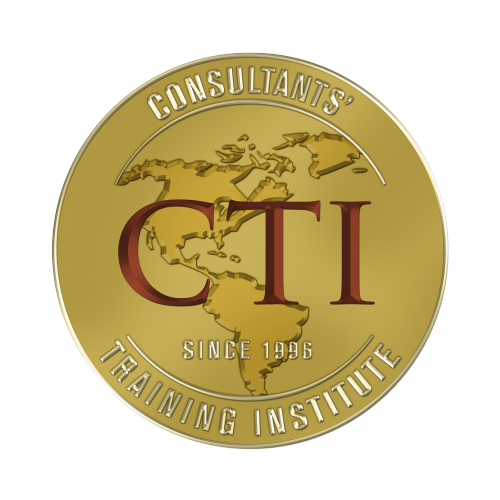 |
Consultants' Training Institute Webinar Details |
 |
Consultants' Training Institute Webinar Details |
ESOP Basics
Monday, August 1, 2016
10:00 a.m. Mountain time (MT)
Program Description
The aging of the baby boom generation has resulted in a large and increasing number of business owners considering ownership succession and liquidity alternatives. While many business owners will pursue traditional strategies such as a sale to a third-party, a management buyout, or leveraged recapitalization, for some business owners a sale to an employee stock ownership plan (ESOP) will be an attractive alternative. ESOPs impose a legal requirement that the subject company's stock be valued as of the date of the transaction and annually thereafter. In this five-part webinar series, you will learn ESOP basics, valuation, legal, accounting, and finance considerations from a group of the top ESOP professionals in the United States, concluding with a discussion of case studies.
This webinar will be an overview of ESOP basics, which will include a discussion about how a business owner can sell his or her business on a tax-free basis and continue to control the company after the sale; how a company can receive a tax deduction for principal payments on a loan and for dividends it pays on its stock; and how a for-profit company can operate as a tax-exempt entity.
Learning Objectives
After completing this webinar, attendees will be able to:
Who Should Attend
CEOs, CFOs, CPAs, attorneys, financial advisors/planners, and commercial lenders
Presenter(s)
Kelly Finnell, JD, CLU, AIF
Mr. Kelly Finnell has published 13 articles on the use of ESOPs in ownership succession planning and is the author of one of the most highly acclaimed books on the subject, The ESOP Coach: Using ESOPS in Ownership Succession Planning. Mr. Finnell has spent his entire professional career—more than 30 years—helping small to midsize business owners design and execute succession strategies and ESOPs.
Mr. Finnell is the president of Executive Financial Services, Inc., an ESOP and ownership succession planning consulting firm based in Memphis, Tennessee. Mr. Finnell is a member of the Business Enterprise Institute (BEI), the nation’s leading organization of exit planning professionals; M Financial Group, one of the nation’s leading independent financial services firms; the National Center for Employee Ownership (NCEO); and The ESOP Association.
Mr. Finnell graduated magna cum laude from the University of Memphis and from the University of Memphis Cecil C. Humphreys School of Law, where he was published in The University of Memphis Law Review, served as chief justice of the Moot Court Board, received the American Jurisprudence Award for Equitable Remedies, received the Judge John D. Martin Scholarship, and was named to “Who’s Who in American Colleges and Universities.” Mr. Finnell has earned the Accredited Investment Fiduciary™ professional designation, awarded by the Center for Fiduciary Studies, which is associated with the University of Pittsburgh.
Mr. Finnell has served in leadership roles in numerous professional and community activities, including serving as president of the Memphis chapter of the Society of Financial Services Professionals, as vestry member and treasurer of his church, as president of Family Services of Memphis, on the board of directors of Renasant Bank, on the Economic Club of Memphis, and on the dean’s advisory council at Christian Brothers University School of Business.
Andrew Holmes, LL.M., JD
Mr. Andrew T. Holmes is a shareholder and serves as vice president of Executive Financial Services, Inc. (EFS). Mr. Holmes joined EFS as legal counsel in December 2010 after receiving an LL.M. in taxation from Washington University in St. Louis School of Law, where he was awarded the CALI award for excellence in estate and gift tax and in practical issues in wealth planning and drafting. Mr. Holmes received a JD from Mississippi College School of Law in Jackson, where he was on the dean’s list, a member of the Order of Barristers, served as a chair on the Moot Court Board, and advanced to the regional semifinal in the 2009 national trial competition. Mr. Holmes also received a BS in accounting from the University of Tennessee in 2002.
Since joining EFS, Mr. Holmes has co-authored the article, “Consider ESOPs as an Estate Plan Component for Business Owners,” which was published in the September 2014 issue of Estate Planning. He has received the Retirement Plan Fundamentals Certificate from the ASPPA and has been featured as a panelist at The National Center for Employee Ownership annual conference.
CPE Credit
| Program Level: Overview | Prerequisites: None | Advanced Preparation: None |
| Delivery Method: Group Internet-Based | CPE Credits: One (1) Hour | Fields of Study: Specialized Knowledge & Applications |